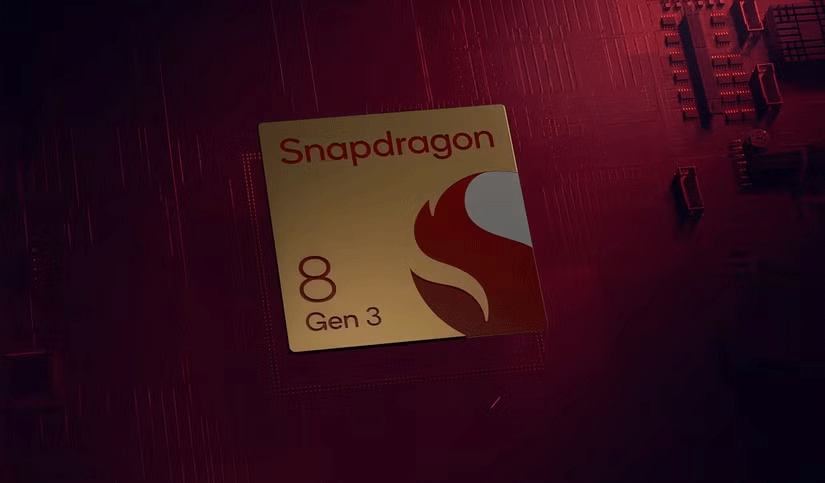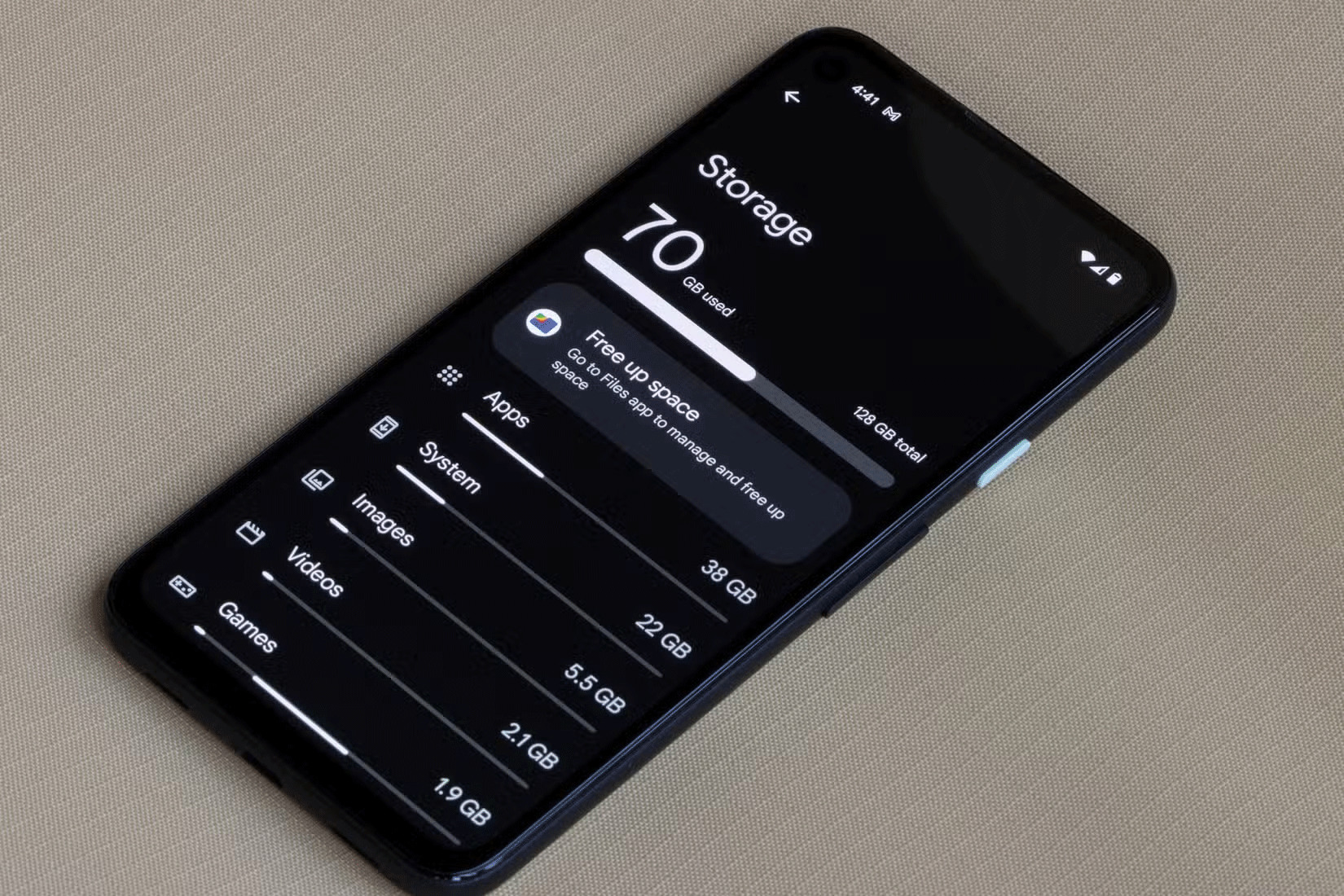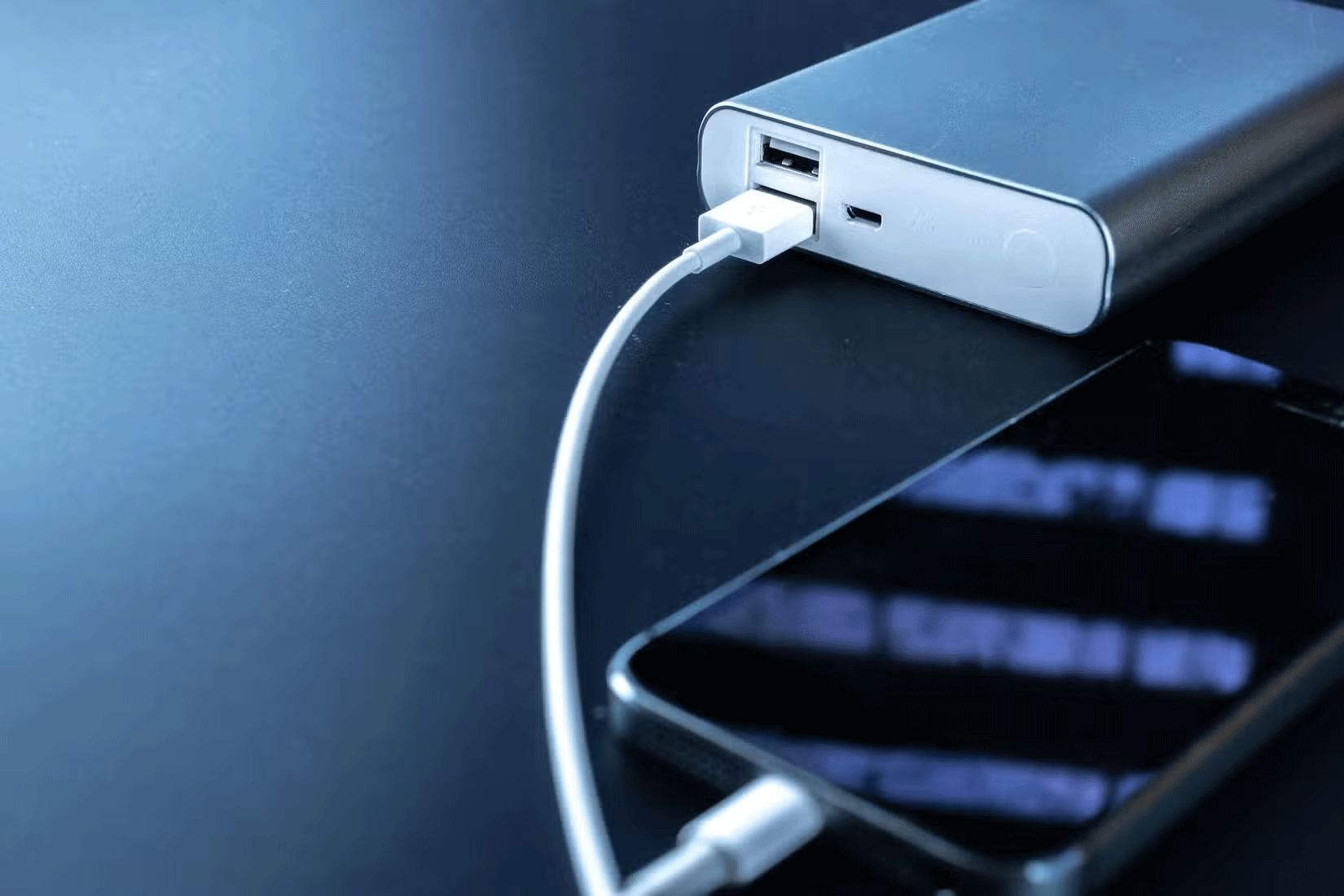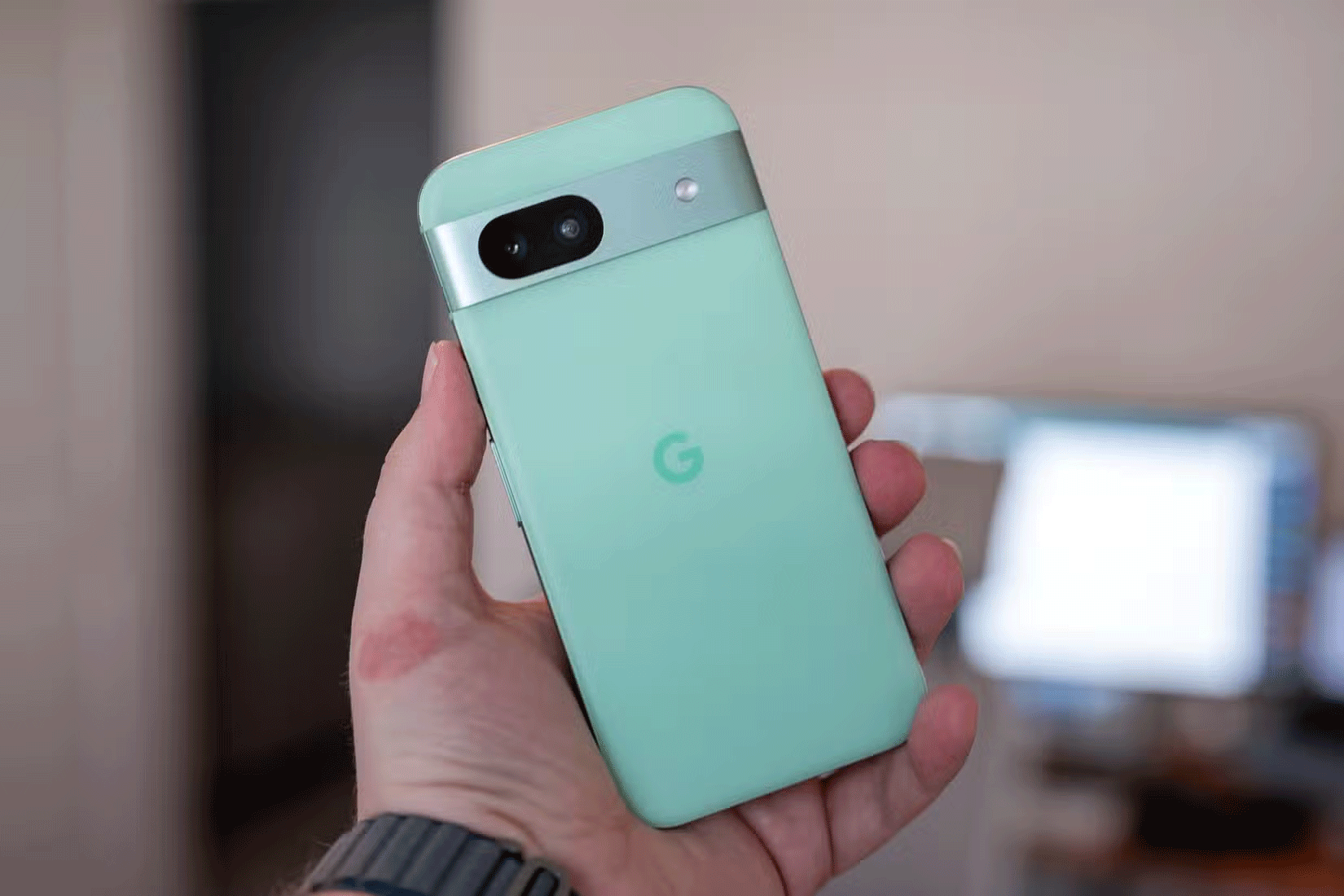4 specifications to prioritize when buying a cheap phone
When you're looking for a budget phone, it can be difficult to balance the value you get against the price. However, prioritizing these four hardware specs when buying a phone will ensure you get the best value for your money.
1. Processor

A key feature that determines the performance of any phone is the processor. As the heart of the phone, the processor can make or break your experience because it determines how well the device runs apps, especially under load. The processor can also affect other aspects, like battery life.
While there are three major chip manufacturers for smartphone processors (Samsung, Qualcomm, and MediaTek), it's hard to recommend any particular manufacturer because they're constantly being updated. The key to getting the best option is to check out recently released phones, as most companies tend to include the latest processors in them.
While you're at it, look online to see when the processor you're getting was released. This will ensure you get the latest option available, which should improve performance.
2. Memory and storage capacity

With mobile apps becoming more resource-intensive, memory and storage have become important considerations when buying any phone. So, how much RAM do you need on a budget phone? By 2024 standards, phones should have at least 6GB of RAM to ensure apps run smoothly and you can easily switch between them without experiencing lag.
In terms of storage, you should buy a phone with at least 64GB of internal storage. This should be enough to install all the basic apps you need on your device, and still have some extra space for storing media files. And if you need more storage at no extra cost, buy a phone with a microSD card slot.
However, very few phones offer this feature these days, and there are downsides to using an SD card on your Android phone. If you tend to store a lot of media, you'll want at least 128GB of storage. The successor to one of the best budget phones, the Samsung Galaxy A55 is a solid choice with 128GB of internal storage.
3. Battery capacity and charging speed

Cheap phones don't have the most powerful or energy-efficient processors, so when buying a phone, you need to look for a device with enough battery capacity to ensure good battery life.
The minimum battery capacity you should consider is 4,000mAh to ensure that the device can last a full day under normal use. However, if you can find a device with 5,000mAh, go for it. A good example is the OnePlus Nord N30SE, which has a 5,000mAh battery and meets all the important requirements.
Charging speeds are equally important, as they ensure you can top up your phone quickly, especially when you're in a hurry. 18W is the minimum for a budget phone, but like memory and storage, higher is better.
4. Camera quality

The camera may not be as important as the rest of the hardware in the budget segment, but given how often we take photos with our phones these days, it should still be a priority. At the very least, make sure your phone has at least two camera lenses (one ultra-wide and one wide) for flexibility. A macro lens is nice, but not as important.
The problem with camera quality is that you can't just read the specs and take them at face value. It's worth checking out reviews and sample photos to understand how the camera hardware performs in different lighting conditions before deciding on a particular device.
Buying the perfect budget phone is all about finding the right balance for your needs. Make sure the budget phone you like excels in at least 2 or 3 of the 4 areas listed above so you get the best value for your money.
You should read it
- ★ Nokia 5.3: Snapdragon 665 chip, 4000mAh battery, 4 rear cameras, surprisingly cheap
- ★ Why is Xiaomi machine with high configuration but still cheap?
- ★ 6 reasons why Linux phones and laptops are not cheap
- ★ Realme C2s launched, dual camera, 4,000mAh battery, 3GB RAM, price nearly 1 million
- ★ Top most worthwhile phones for students